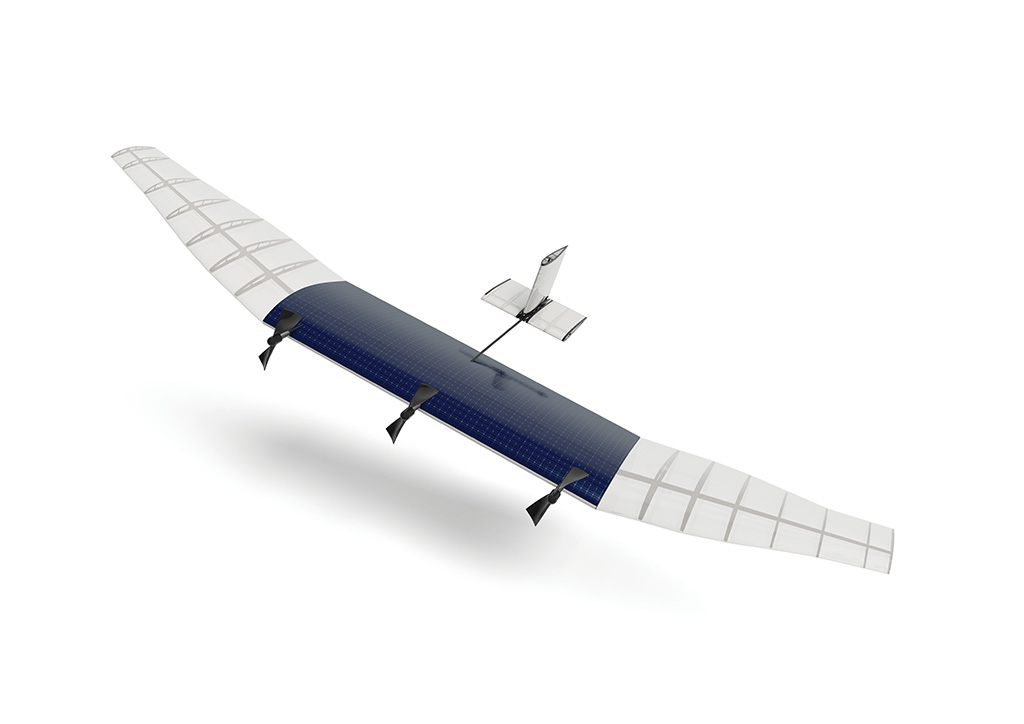Facebook’s Drones Will Battle Google’s Balloons to Spread Internet Access
According to Facebook CEO Mark Zuckerberg and Google CEO Larry Page, the future of the Internet lies in the upper stratosphere.

Facebook announced today that it has set up a team to work on solar powered aircraft that would circle at a height of 20 kilometers to provide Internet access to suburban areas of the world where connectivity is scarce.
The only trouble is, that’s territory already staked out by Google for the fleet of high altitude balloons at the heart of its own plan to improve access to the Internet in poor regions of the world. Google has carried out test flights of the balloons already, and says they will operate at between 18 and 27 kilometers above the Earth.
Both companies have chosen those heights because they put their craft far above weather and commercial air traffic. Neither has said anything about how their balloons or drones might detect and avoid one another.
Google and Facebook have also settled on different modes of transporting data back down to Earth. Google’s trials have used radio to link the balloons to volleyball-sized antennas mounted onto homes or businesses. Facebook has plans to equip its drones with infrared lasers, which can be used for data connections approaching the speed of fiber optic cables. The company is also interested in using satellites the same way.
Both companies will have to fight most of their battles on the ground if they are serious about expanding Internet access significantly, though. When MIT Technology Review’s David Talbot looked into Facebook’s plans late last year he found a thicket of local political and economic issues impeding the spread of Internet connectivity in the developing world today. Those problems, along with the stratosphere, will need to be conquered if the drones or balloons are to succeed (see “Facebook’s Two Faces”).
Keep Reading
Most Popular
Large language models can do jaw-dropping things. But nobody knows exactly why.
And that's a problem. Figuring it out is one of the biggest scientific puzzles of our time and a crucial step towards controlling more powerful future models.
How scientists traced a mysterious covid case back to six toilets
When wastewater surveillance turns into a hunt for a single infected individual, the ethics get tricky.
The problem with plug-in hybrids? Their drivers.
Plug-in hybrids are often sold as a transition to EVs, but new data from Europe shows we’re still underestimating the emissions they produce.
Google DeepMind’s new generative model makes Super Mario–like games from scratch
Genie learns how to control games by watching hours and hours of video. It could help train next-gen robots too.
Stay connected
Get the latest updates from
MIT Technology Review
Discover special offers, top stories, upcoming events, and more.